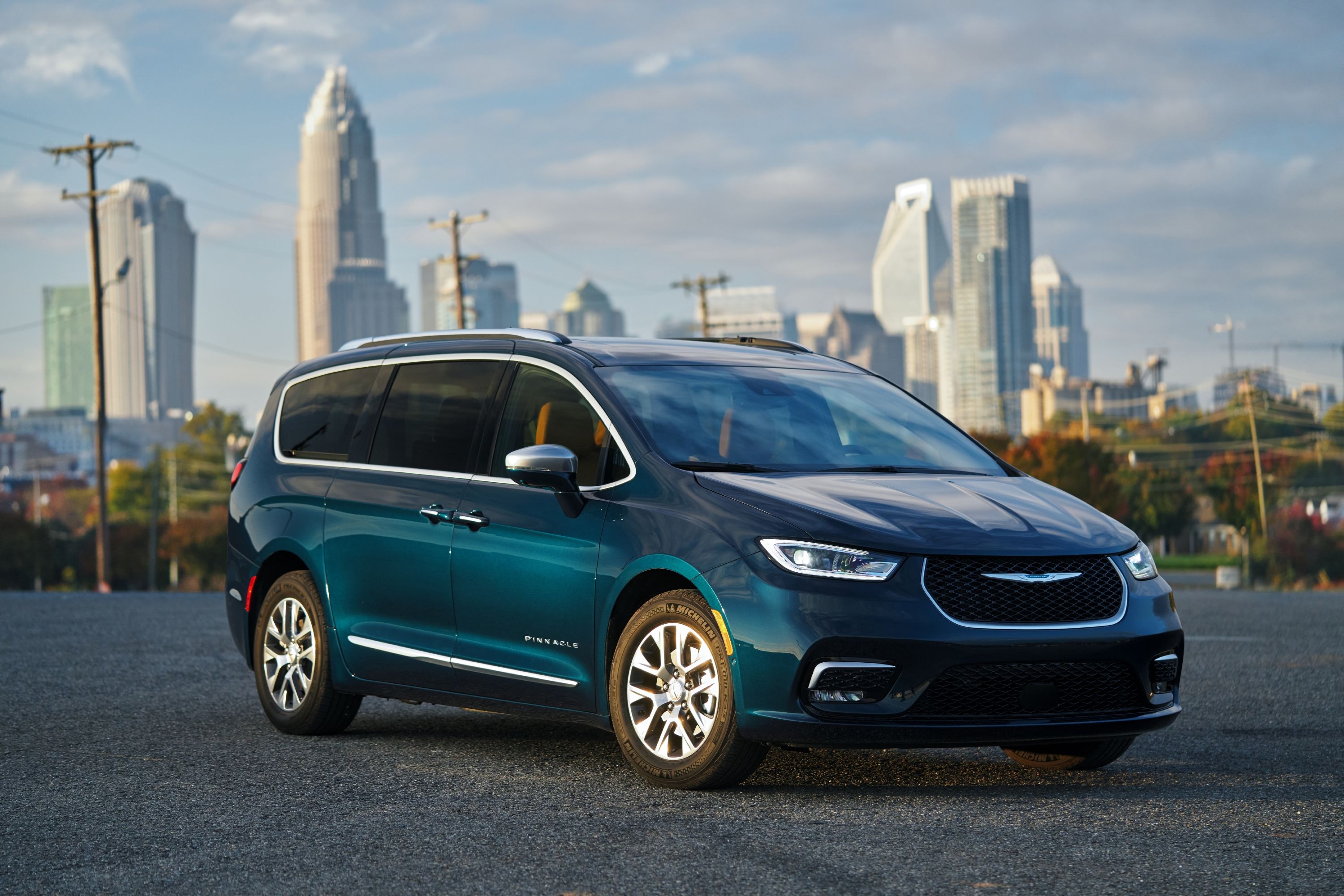
Buying a car should be an exciting milestone, a reward for careful research and negotiation. For many consumers, however, the thrill can quickly turn to frustration when the final paperwork is presented. What begins as an attractive price can rapidly increase due to numerous fees and charges, inflating the total cost by hundreds or even thousands of dollars.
These hidden dealership fees have become a major concern, with many consumers losing billions each year to such tactics. Knowledge and preparation are key to avoiding these pitfalls. This guide provides essential information to help buyers understand common fees, identify hidden or unnecessary charges, and take steps to challenge or avoid them, ensuring control throughout the car-buying process.

1. State and Local Taxes
When purchasing a vehicle, state and local taxes are unavoidable components of the total ‘out-the-door’ cost. These taxes vary based on jurisdiction and typically include city, state, and county sales taxes. Some states, such as Alaska, Delaware, Montana, New Hampshire, and Oregon, do not charge sales tax at the state level, though local taxes may still apply.
Other taxes, such as personal property tax and vehicle license tax, are often charged annually. Researching specific state and local tax rates in advance allows buyers to accurately account for these non-negotiable costs and prepare for the final purchase price.
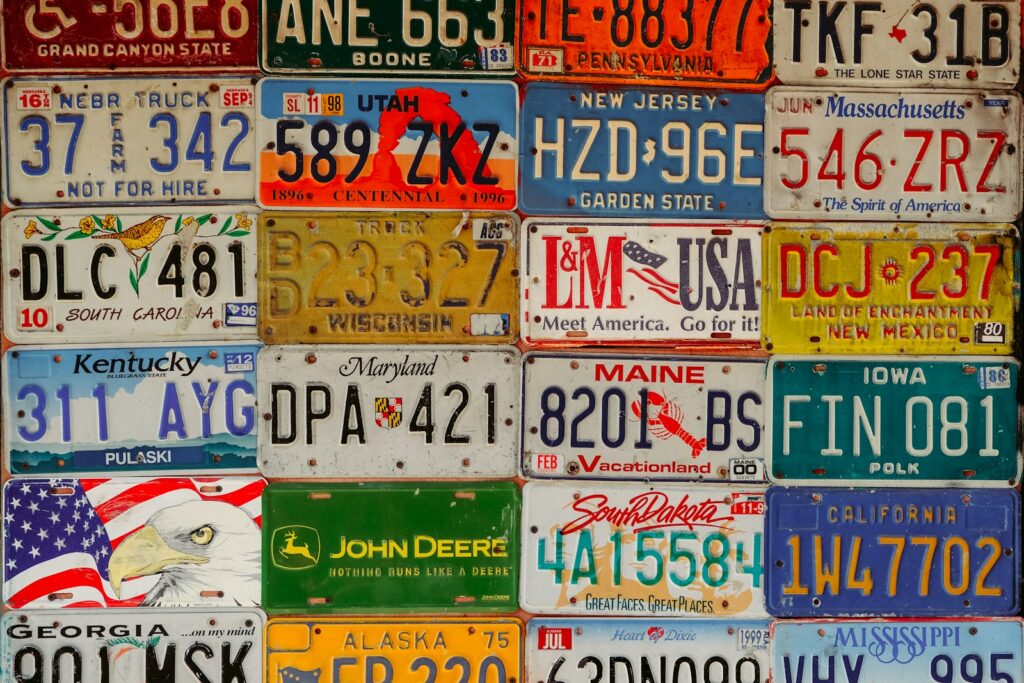
2. Title, Tags, and Registration Fees
Title, tags, and registration fees are standard legal and administrative charges required to formally recognize ownership and operate a vehicle on public roads. Title fees cover document processing to transfer ownership, ranging from $4 to $150 depending on the state. Tag fees relate to the physical license plates, while registration fees, charged by the Department of Motor Vehicles, can be flat or variable based on weight or vehicle age. These fees are essential, non-negotiable expenses that should be factored into your budget.
3. Documentation Fees
Documentation fees, or ‘doc fees,’ cover administrative work associated with processing sales paperwork. Their legitimacy varies, with some states imposing caps to prevent excessive charges. For example, California limits doc fees to $85, while Florida imposes no such cap, sometimes resulting in fees exceeding $1,000.
Buyers should negotiate doc fees by requesting an equivalent reduction in the vehicle’s selling price. Transparency and thorough review of contracts are crucial to avoid paying inflated administrative charges.
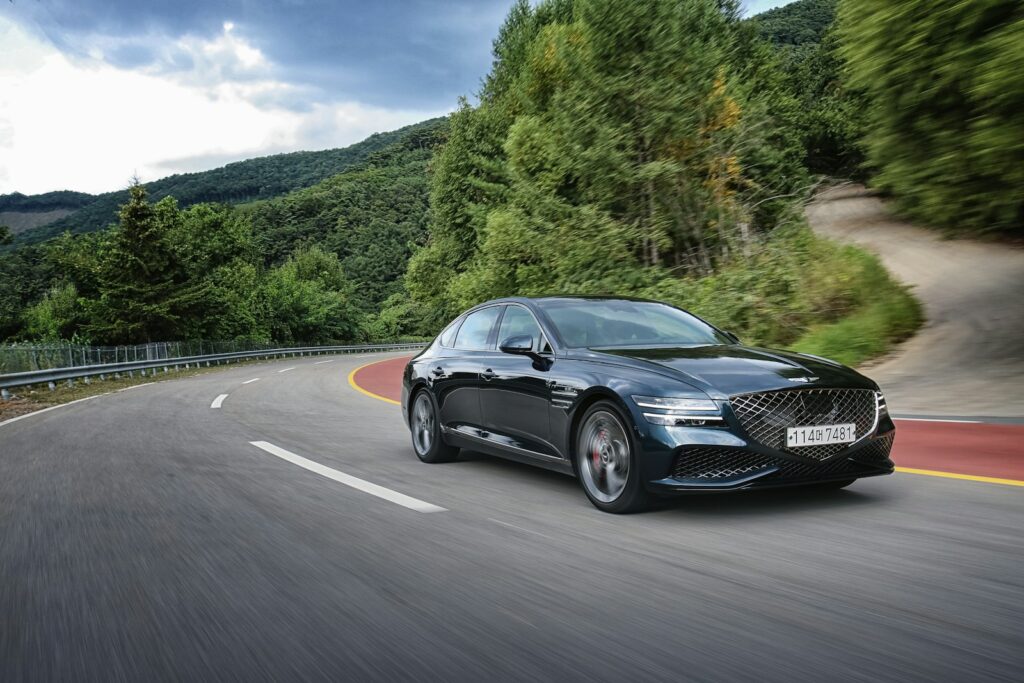
4. Destination Fees
Destination fees cover the cost of transporting a vehicle from the manufacturer to the dealership. Typically ranging from $900 to $1,200, and sometimes exceeding $3,000 for luxury or large vehicles, this charge is set by the manufacturer and is generally non-negotiable. Buyers should confirm that the advertised price includes this fee and ensure it is not duplicated in the paperwork.

5. Dealer Preparation and Reconditioning Fees
Dealer preparation fees, sometimes called ‘Vehicle Prep Fee’ or ‘Pre-Delivery Service Fee,’ are meant to cover minor tasks like removing plastic covers, cleaning, and basic inspections. These services are often minimal and should be included in the vehicle’s selling price.
Reconditioning fees on used cars cover cosmetic repairs and inspections. While some reconditioning is necessary, excessive or separate fees are often added for profit. Buyers should request a breakdown and negotiate or refuse these charges where appropriate.
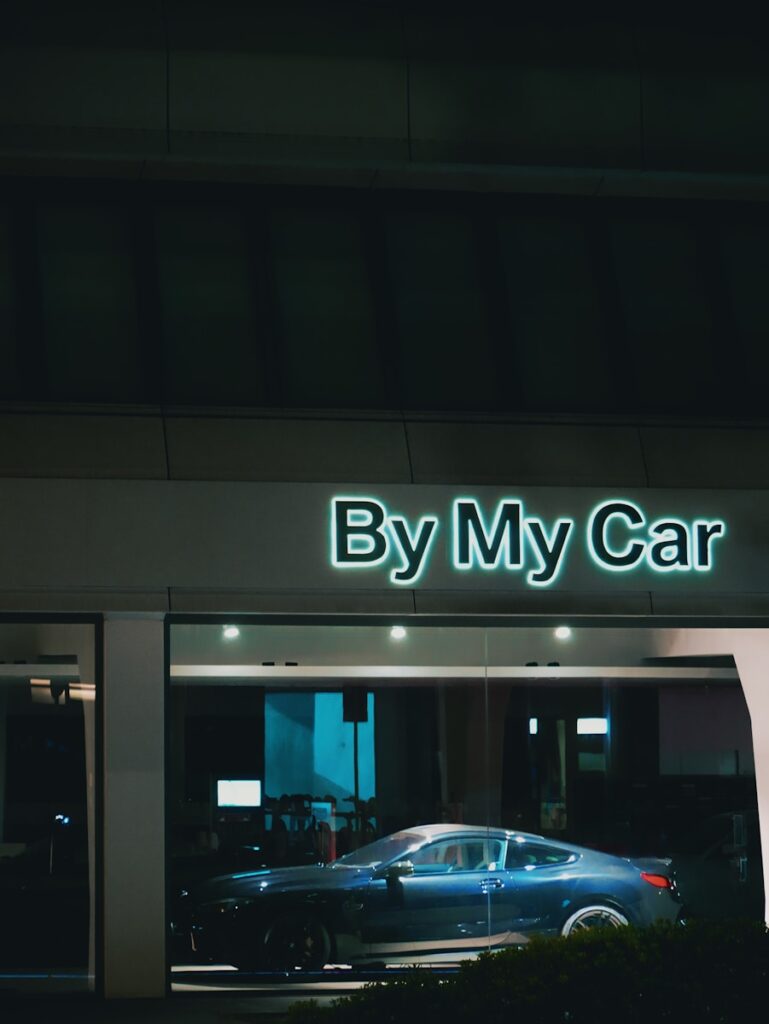
6. Advertising Fees
Some dealerships pass on advertising costs to buyers through fees labeled as ‘regional advertising’ or similar. While manufacturers may charge dealers for marketing, passing this cost directly to the buyer is discretionary and serves as profit enhancement. Buyers should ask about these fees upfront and negotiate a corresponding reduction in the vehicle price if necessary.
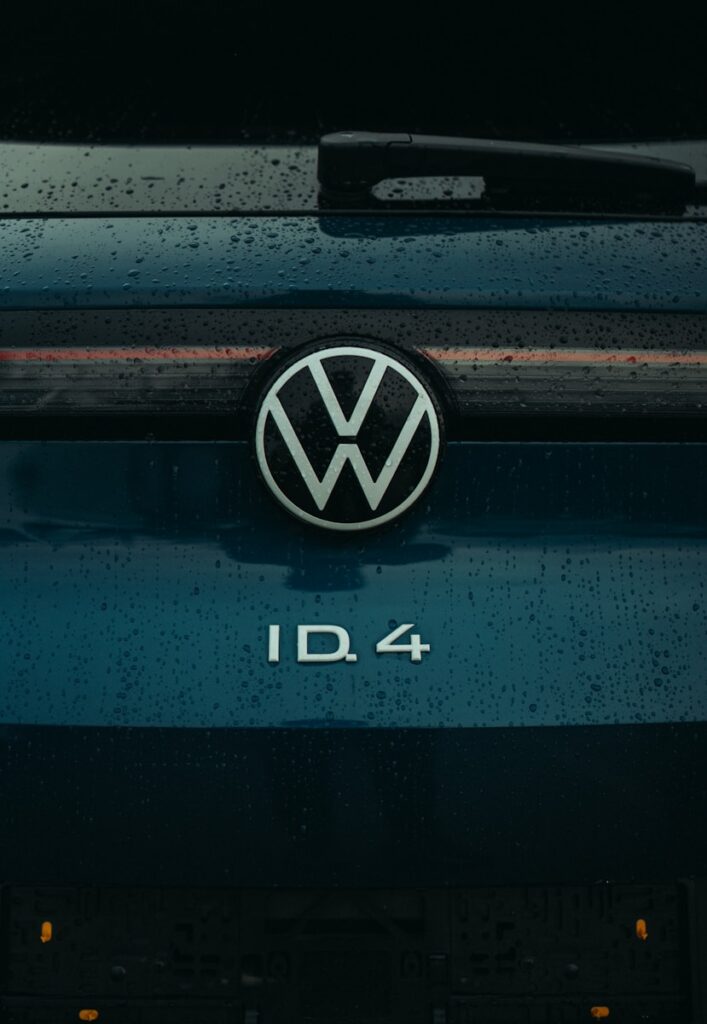
7. VIN Etching
VIN etching involves engraving the vehicle identification number onto windows as a theft deterrent. Dealerships may charge $200 to $400, while a DIY kit costs around $25. Buyers should decline unnecessary VIN etching or pursue more affordable alternatives through insurance providers or DIY methods.

8. Extended Warranties
Extended warranties provide coverage beyond the manufacturer’s warranty but are often marked up by dealerships. Many policies include exclusions and limited practical value. Buyers should resist immediate decisions under pressure and explore manufacturer or third-party options that offer equivalent coverage at lower cost.

9. Market Adjustment Fees
Market adjustment fees are added by dealerships to capitalize on high demand or limited supply, sometimes adding thousands of dollars to the purchase price. These fees are discretionary and negotiable. Buyers should compare prices across dealerships, explore alternative configurations, or be prepared to walk away to avoid inflated charges.

10. Loan Origination Fees
Loan origination fees cover administrative costs for financing but may duplicate expenses already included in interest rates. Fees typically range from $100 to $500. Pre-approved financing from banks or credit unions provides leverage to negotiate or eliminate these fees.

11. Credit Insurance
Credit insurance, offered at dealerships, protects against disability, job loss, or death but often comes with a 100% to 300% markup. Buyers should review existing insurance policies and consider outside options to avoid unnecessary costs.

12. Gap Insurance
Gap insurance covers the difference between a car’s loan balance and its actual cash value if totaled or stolen. Dealership charges can reach $600 to $1,000, while insurance providers or credit unions often offer coverage for $20 to $300. Buyers should compare alternatives before purchasing from a dealer.

13. Optional Add-Ons
Dealers frequently offer optional services such as paint protection, fabric protection, rustproofing, nitrogen tire fills, and wheel locks. These add-ons are often heavily marked up, offering minimal real-world value. Buyers should decline unnecessary extras and seek third-party services if desired at a fraction of the cost.

Car buyers face a complex array of fees that can inflate the final price. By carefully reviewing contracts, questioning unfamiliar charges, and understanding the true value behind each fee, buyers can avoid unnecessary costs. Preparation, knowledge, and negotiation are essential to making intelligent purchasing decisions, ensuring that the excitement of buying a car is preserved without falling victim to hidden costs.


